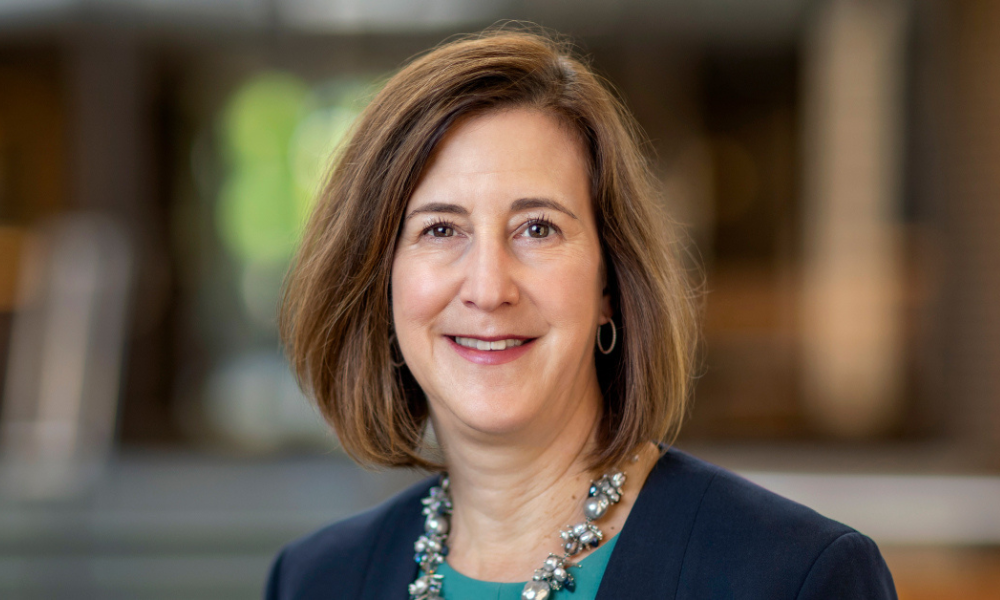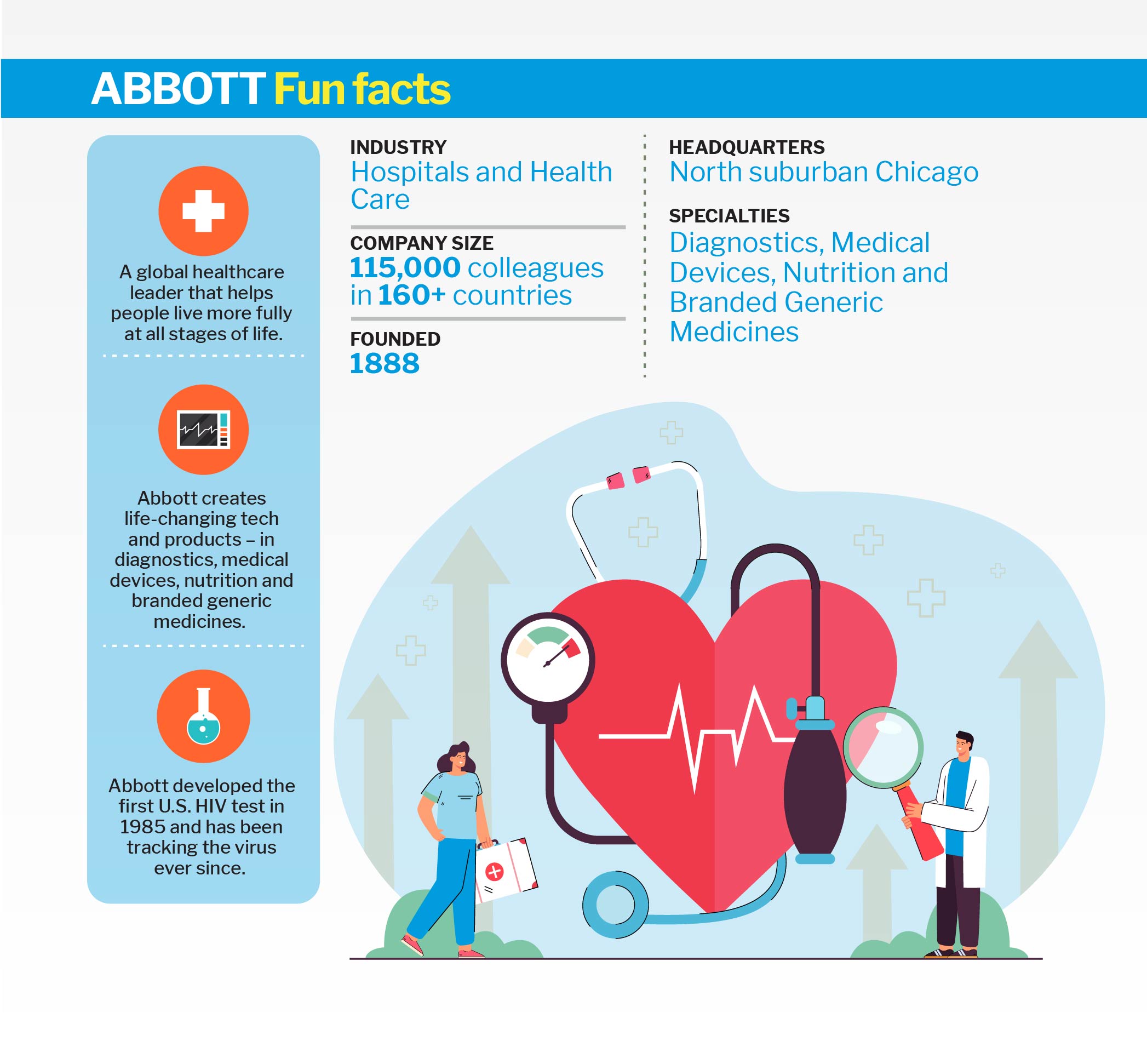
'As a successful consultant, part of that success is being a strong developer of people,' says Mary Moreland

In the ever-evolving world of health technology, precision is everything. Speaking to HRD, Mary Moreland, executive vice president of HR at Abbott, says that this precision extends not only to their new products but to their benefits plans too.
"We have to be somewhat differentiated and targeted with our benefits programs as well as our development programs because there are some that span the entirety of our organization,” she says.
“And there are some benefits programs that are more focused on specific geographies or needs for certain employees.”
Abbott has 114,000 employees sprawled across 160 countries, so tailoring each benefits plan is no mean feat. One of the more specific programs Moreland is especially proud of is Abbott’s Freedom 2 Save, a US-based initiative launched in 2018. Through the program, employees who contribute at least 2% of their salary towards their student loans, will receive a 5% company contribution into their Abbott 401K annually - a move that has proven successful in attracting and retaining talent of late.
"It's a good example of a program that came out of us talking with our employees to hear: ‘What do they need that we can help with?’" Moreland says. "We know there are people who’ve chosen to come to Abbott because of the program. We also know that our current employees tell us they feel it's a good example of us caring about them as a person and addressing one of their needs."
Given the pervasive issue of student loan debt in the US, Abbott has gone a step further, launching a blueprint to guide other companies in setting up similar programs.
"We recently launched a blueprint to help other companies set up programs like this, which they can do under a new federal provision called SECURE 2.0," Moreland says.
Another program close to Moreland's heart is "Leading with Impact," introduced in 2021. This initiative focuses on enhancing managerial skills, acknowledging that effective leadership is crucial for organizational success. Moreland highlights the program's success, with 24,000 managers and surprising 1500 non-managers participating, and emphasizes its global relevance with regards to creating a “shared language” about management at Abbott.
And when it comes to her leadership philosophy, Moreland draws from experience as a former consultant, emphasizing the significance of developing people. Her commitment to this philosophy is evident through Abbott’s comprehensive development programs, catering to individuals at various stages of their careers, including a high school STEM internship program and rotational programs.
"As a successful consultant, part of that success is being a strong developer of people," she says.
Her leadership philosophy goes hand in hand with her outlook regarding mentorship and development; she stresses that mentorship is not limited to early career stages. Abbott's global mentorship program reflects the company's dedication to fostering relationships and supporting the growth of its employees.
"Actually, you can benefit from a mentor at any point in your career where you're growing, where you're developing, where you're trying to do something new and different," Moreland says.

Looking ahead, Moreland addresses the pervasive topic of AI. While acknowledging its impact on HR processes like recruiting and answering basic questions, she emphasizes the need for caution – as well as understanding the ‘pandemic generation’.
"As a healthcare company, we can't just throw something out and see if it works; we want to be careful and judicious both with our customers as well as with our people,” she says in reference to AI.
“I think there's less conversation on - which I do think is going to be a significant challenge in the future - the impact of the pandemic on the future workforce. There’s a cohort of people who did not go through the natural maturation process – they didn't have all of the normal interactions and social interactions and coming of age events that that the rest of us benefited from.
“And so, I think it will be incumbent upon employers to really understand their needs, understand their challenges and how can we help them to catch up a bit.”